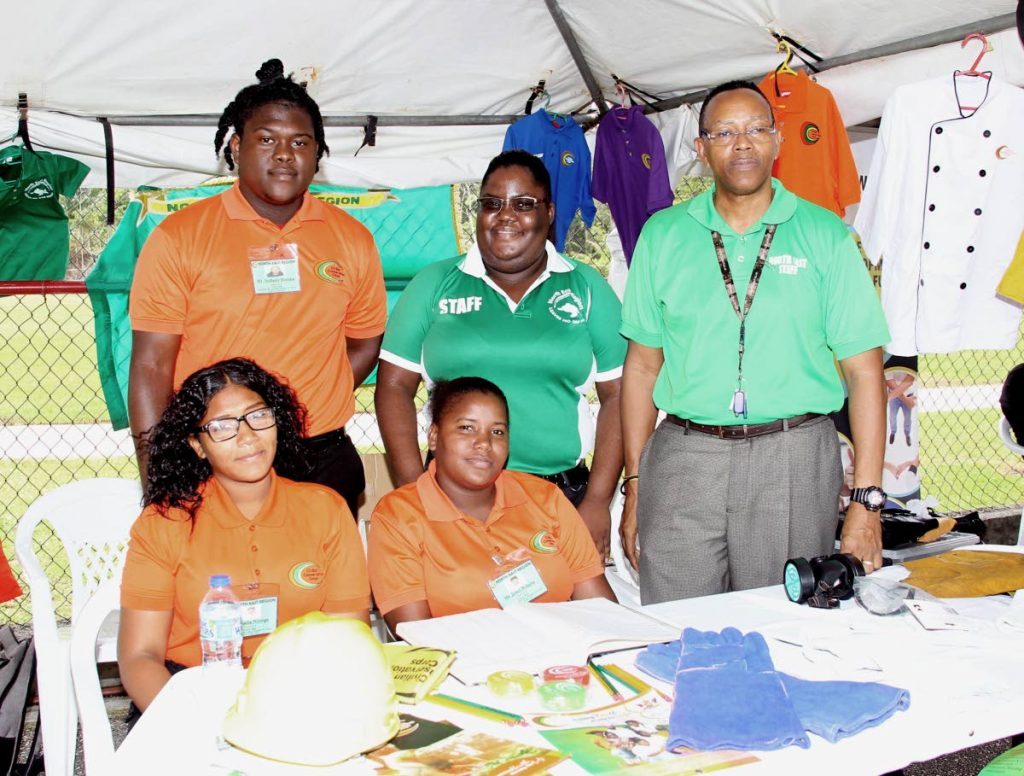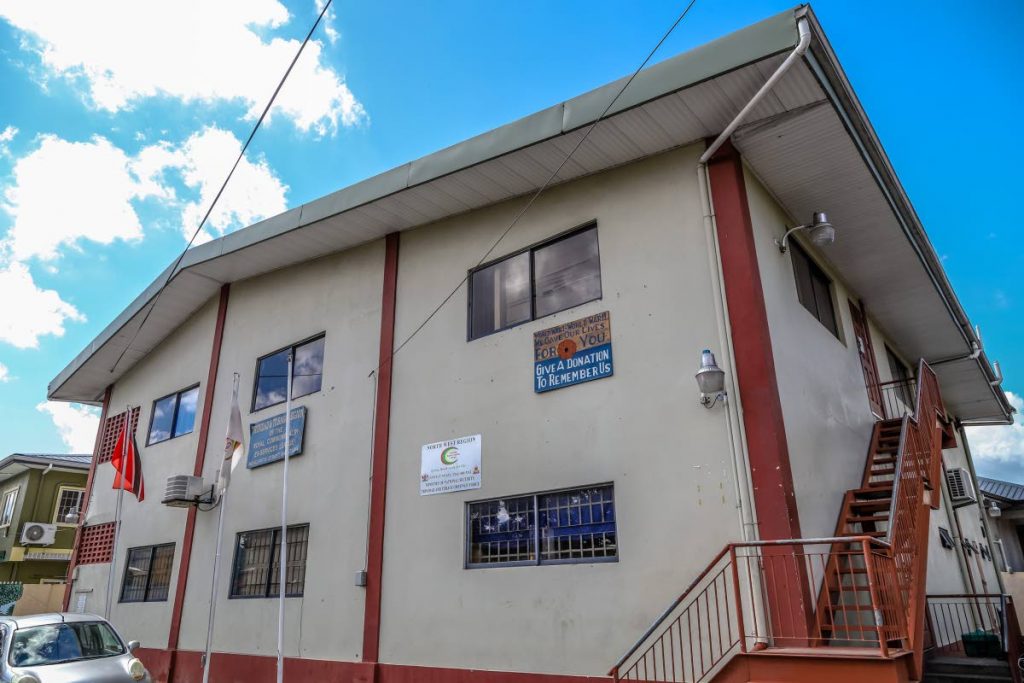Keeping busy with the CCC

The Civilian Conservation Corps' (CCC) vision is simple: "to transform socially marginalised young adults into empowered citizens and improve their quality of life... developing self esteem, employability, sensitivity to the natural environment and sense of national pride."
“The CCC’s main focus is changing attitude and behaviour. The programme helps prepare you for life,” CCC human resources manager Robert John told Newsday.
The organisation was started in 1993, when former finance minister Wendell Mottley brought to Cabinet an initiative first started as a Depression-era solution by then US-President Franklin D Roosevelt to mitigate the rampant poverty and unemployment in the the country during the 1930s.
In TT, it was meant to address unemployment among individuals aged 18 to 25 years old, and the conservation of TT’s natural environment. Despite gaining momentum, it was shut down in 1999. In 2002, it was revived, with a revitalised mandate to train and prepare unemployed citizens 18-25 for employment; to curb the rising incidence of crimes committed by citizens within this age group; to raise the self-esteem of participants; to foster socially desirable and well-balanced behaviours among those participants; to foster in them a sense of national pride and improve civic-mindedness; to provide them with temporary employment; to develop in them an understanding and sensitivity to the natural environment; and to assist the Forestry Division in its reforestation and environmental conservation efforts.

The aim of the programme is to make an intervention in society and focuses on changing the attitude and behaviour of many, CCC human resources manager, Robert John, told Newsday. Along with giving citizens the chance to learn a trade, trainees leave the programme with a sense of national pride, John said and some of have gone on to establish businesses or else joined the protective services like the fire department, police or defence force.
John even contends that the programme has been successful in reducing the crime rate.
The CCC is overseen and administered by the TT Defence Force. The courses are taught by active and retired members of the Defence Force. The programme has two cycles every year and each cycle last for six months.
The programme is a sort of temporary employment – participants are granted a daily stipend so long as they are engaged in the course trade. Participants can choose from over 30 courses, including adult literacy, auto repair, barbering, bar tending, computer literacy, culinary arts, physical training, welding, fabrication and pipework. These courses allow participants to receive practical experience as they engage in the programme. The CCC is also working and engaging in environmental based projects with the Forestry Division.
Graduates of the courses may leave with a sense of national pride, but John is filled with pride by their achievements.
“There is one story that is a bit special to me. There was a woman who started under the literacy programme. When she began she was not able to read her own name. Right now, she has a masters degree and is teaching.” He also recalled two students who did the culinary programme in conjunction with the TT Hospitality and Tourism Institute and are now working in France.
The CCC has seven locations: Barataria, Mausica, Sangre Grande, Princes Town, Woodford Lodge, Siparia, Mayaro and Blenheim in Tobago. To register, submit a completed registration form to any CCC office. Also required is medical clearance, a valid form of national identification, two passport sized photos, and bank account details.
For more information, visit any of the CCC centres, call them at 625 4222 or visit their website at ccc.sysptt.org

Comments
"Keeping busy with the CCC"